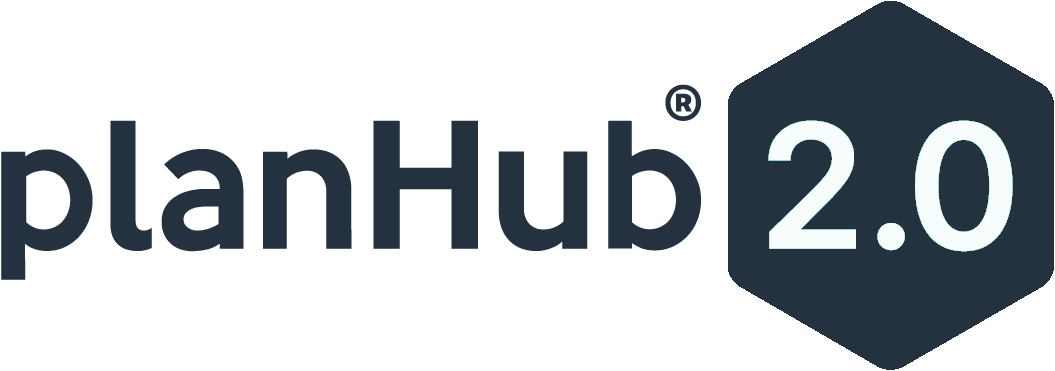When it comes to choosing the right accounting software for a construction contracting business, it pays to know what to look for. Standard business accounting software can do much of the heavy lifting for
a contractor, but there are some features that can only be provided by construction accounting software. We’re going to take a look at the specifics of what features to look for, but first we’re going to start with the reason why you should consider construction specific software in the first place.
Why use accounting software for the construction industry?
One of the main reasons it pays to use accounting software specialized for the construction industry
is because the industry is unlike any other in many respects. It deals with some accounting concepts that standard business accounting software can’t, including:
- Job costing
- Progress billing
- Retainage
- Work in progress revenue recognition
Many contractors use standard accounting software and try to make it work for their companies. This can entail exporting and importing data into spreadsheets where it is manipulated by hand to come up with the required information. It may also require tracking certain information outside the financial software. Both of these “solutions” add more work, take more time, and cost the company more in the end.
Using an integrated, fully functioning construction-based accounting software package enables companies to see where they are financially at any time, as well as saving them time and money.
Key features of construction accounting software
Most construction accounting software programs will provide similar tools to help contractors manage their finances. Here are some of the key features to look for when shopping for such a system:
Job costing
One of the most important accounting capabilities that contractors need is job costing. Job cost accounting allows both costs and income to be separated into jobs or projects. By collecting all the financial transactions in this way, contractors can track whether their projects are profitable or not. Comparing and tracking project profitability allows contractors to learn which types of projects are most profitable for them and then focus their efforts on getting similar projects.
Accounts receivable
Contractors need to know who owes them money and how much they owe. In addition to traditional accounts receivable collection, commercial contractors also need to track the amount of retainage owed and the timeline for collection. Traditional accounting software can’t handle retainage, forcing contractors to use workarounds to track this payment holdback.
Accounts payable
Knowing how much money you owe your vendors and suppliers is important for any contractor. Accounts payable functionality allows you to enter, track, and pay vendor invoices, as well as print out necessary tax documents, like 1099s.
Invoicing
Construction projects are billed in a variety of methods, whether it’s lump sum, percentage of completion, or unit pricing. Accounting software for the industry needs to be able to support a variety of invoice types, as well as track billings against the total contract amount. Specialized billing forms, like the AIA G702/G703, are commonly used and can be difficult to recreate and use in a spreadsheet.
Payroll
With concepts like union reporting, certified payroll, and a variety of workers compensation codes, construction payroll can be complex. In fact, it is so complex that many contractors outsource it to avoid the hassle and headache. But performing payroll in house can save you money, as well as help you capture additional job costs, like payroll burden. This is the employer-paid taxes and benefits you provide for your employees. By capturing these costs and including them in your billing rate, you can help make your company more profitable.
Cash management
Cash management applications help you track money coming in and going out so you can more accurately predict your financial position in the future. This application allows you to reconcile bank and credit card statements so you can ensure that every transaction is recorded.
Project management
Some construction accounting software programs offer additional project management functionality. This module provides tools to help improve communication on projects, track contracts, subcontracts, and purchase orders, and document and track change orders and other forms of project documentation. The integration with the accounting software makes data entry simpler and easier, and prevents problems caused by data siloing and miscommunication.
Reporting
Project managers and company owners want to know where the company stands financially at any point in time. Accounting software allows stakeholders to pull up reports to track the financial position of the company and the projects that are in progress. Cost and budget variance reports are key for project managers to track the profitability of their jobs, and company owners often look at the bigger picture through financial statements and work in progress reports.
Benefits of commercial construction accounting software
The benefits of construction accounting software include having easy access to the information you need to make key business decisions, as well as improved communication among project team members.
- Improves information management – With all your financial and project data in one place, employees don’t have to waste time looking for or compiling information. Plus, with robust reporting, you can get the information you need, often at the click of a button. Reports allow you to look at job costs, financial statements, or see progress towards your productivity goals.
- Easy access – Cloud-based systems offer you the ability to connect to the data you need from anywhere. Other programs have mobile apps to keep you informed when you’re out of the office.
- Forecast and plan – By keeping detailed records it’s easier to spot trends and plan for the future. Know when to expect low cash flow and when you can put money away for a rainy day.
- Improved communication – Tracking correspondence and project documents like RFIs and submittals will help keep the team informed, as well as letting everyone know what tasks they’re responsible for. This can help prevent delays and even save project costs.
When it comes to assessing the right construction accounting software for your contracting company,
it’s important to remember that bigger isn’t always better. Focus on the key features you need to run your business and look for software that performs those features well. Then ask for a demonstration and
be sure to ask questions that are specific to your company. Once you’ve found the software that best performs the tasks you need and provides adequate reporting, jump in and get started. It’s going
to be a long process, but well worth it in the end.
About PlanHub:
PlanHub is a leading provider of comprehensive bid management solutions for the construction industry. Our platform simplifies and streamlines the bidding process, connecting subcontractors and general contractors to facilitate collaboration and drive project success. With a commitment
to innovation and empowering our users, we continue to revolutionize the construction industry with cutting-edge features and a user-friendly experience.




